The Compacts of Free Association (COFA) were renewed as part of the government funding package, with Congress passing the first set of funding bills and President Joe Biden (D) signing the package into law.
The United States currently has COFA agreements with the Republic of Palau, the Federated States of Micronesia, and the Republic of the Marshall Islands, known together as the Freely-Associated States (FAS). The agreements with Micronesia and the Marshall Islands were first passed in 1985, renewed in 2003, and expired in September of 2023. The agreement with Palau was passed in 1994 and would expire at the end of 2024. President Joe Biden (D) sent diplomats to negotiate renewals for the next 20 years, which were signed in October 2023. A month later, in November, the COFA renewal passed the House Natural Resources Committee unanimously.
Congressional leaders were unable to include the renewals in the 2023 National Defense Authorization Act (NDAA) or the funding package for Israel, Taiwan, and Ukraine. Delegates from the Pacific territories of American Samoa, Guam, and the Northern Mariana Islands (CNMI) continued to push for the inclusion of COFA renewals, leading Speaker Mike Johnson (R) to add the renewals to the bipartisan funding compromise.
The COFA renewals will provide grants and funds totaling $2.3 billion for the Marshall Islands, $3.3 billion for Micronesia, and $0.9 billion for Palau. As part of the agreement, the US also defends the FAS from attacks and provides certain federal programs to FAS citizens. FAS citizens are allowed to work and reside in the US and join the military. In exchange, the US military is permitted to build bases in the FAS. As part of the partnership, the US can veto any legislation in the FAS that interferes with defense and can reject military and commercial access to territorial waters by other countries, primarily the People’s Republic of China (PRC).
The Indo-Pacific Task Force of the Natural Resources Committee released its findings at the same time Johnson added the renewals to the funding bill, summarizing the strategic reasoning behind the COFA agreements. The Task Force found that the agreements demonstrate an American commitment to the Pacific region and are “increasingly important amid growing instability and tensions in the Indo-Pacific, given the strategically significant locations of the FAS nations.”
Congress’s approval of the COFA agreements will only release the funding of the economic provisions since the security provisions of the agreements do not expire. The Task Force explained the importance of financial aid, writing, “Economic assistance to the FAS provides critical support to the economic and democratic resiliency of the FAS nations,” and adding that the assistance “enables the FAS to counter the PRC’s attempted coercion and reduces pressure on FAS governments to accept grants, loans, and investments from the PRC.”
Support for COFA in Congress has grown in recent years in response to the growing rivalry between China and the United States in the Pacific Ocean. Senator Mazie Hirono (D) said, “As we work to counter China’s growing influence in the Pacific, these agreements are extremely important for our national security and that of our allies, and also for the tens of thousands of COFA citizens who live, work and pay taxes in the US.”
After the legislation was signed into law, Natural Resources Chair Bruce Westerman (R) of Arkansas said, “Our allies in the Indo-Pacific can rest assured that the United States stands hand-in-hand with them as they resist the malign influence of the Chinese Communist Party.” In a press release, Delegate Amata Coleman Radewagen (R) of American Samoa said, “The COFA agreements send a clear message of US commitment to the Pacific region and take a much-needed international strong stand for the ideals of democracy and freedom.

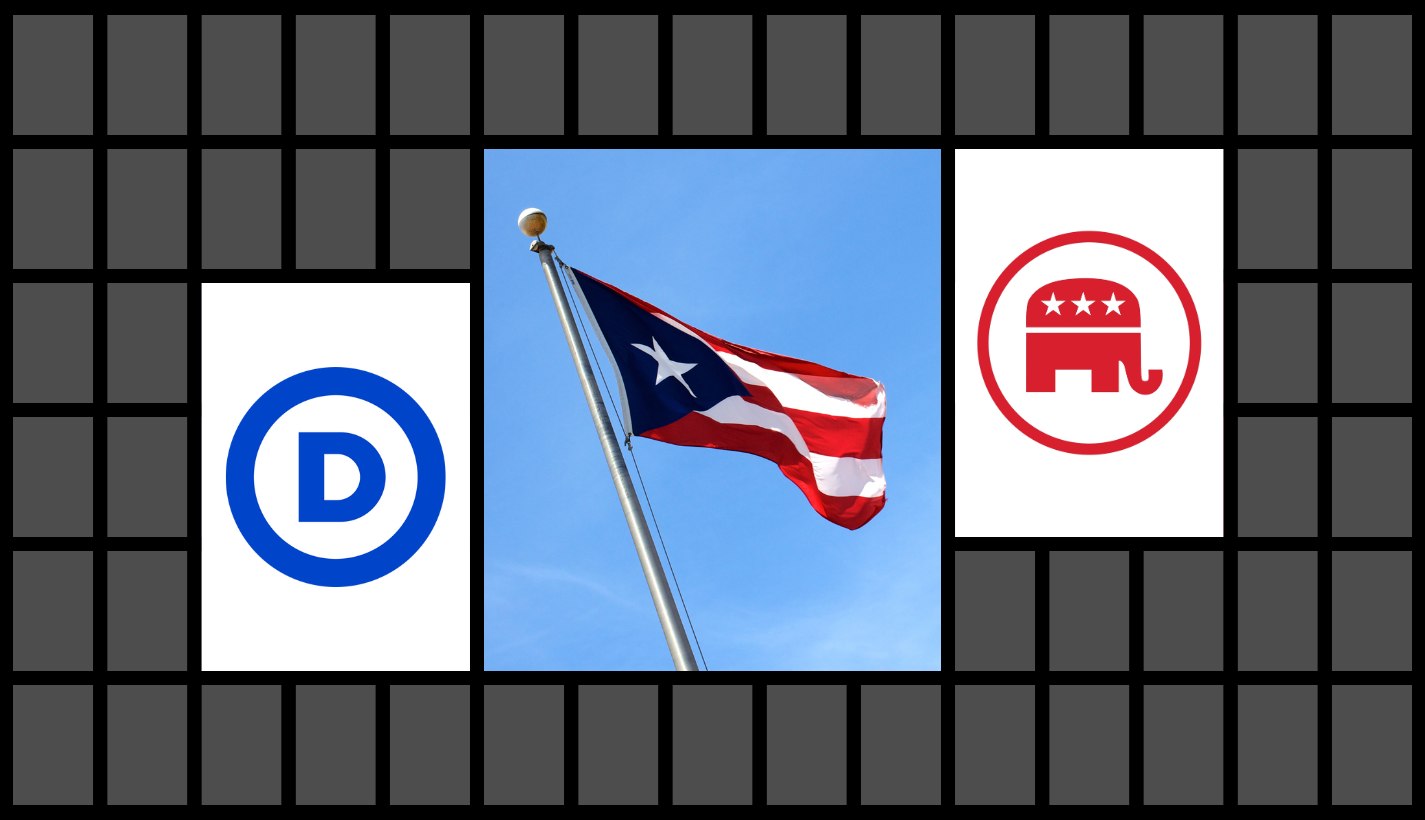
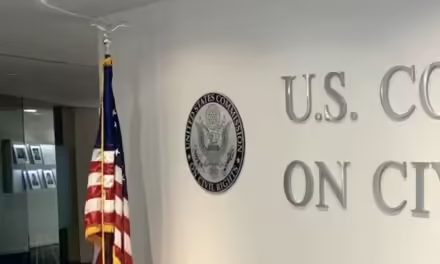
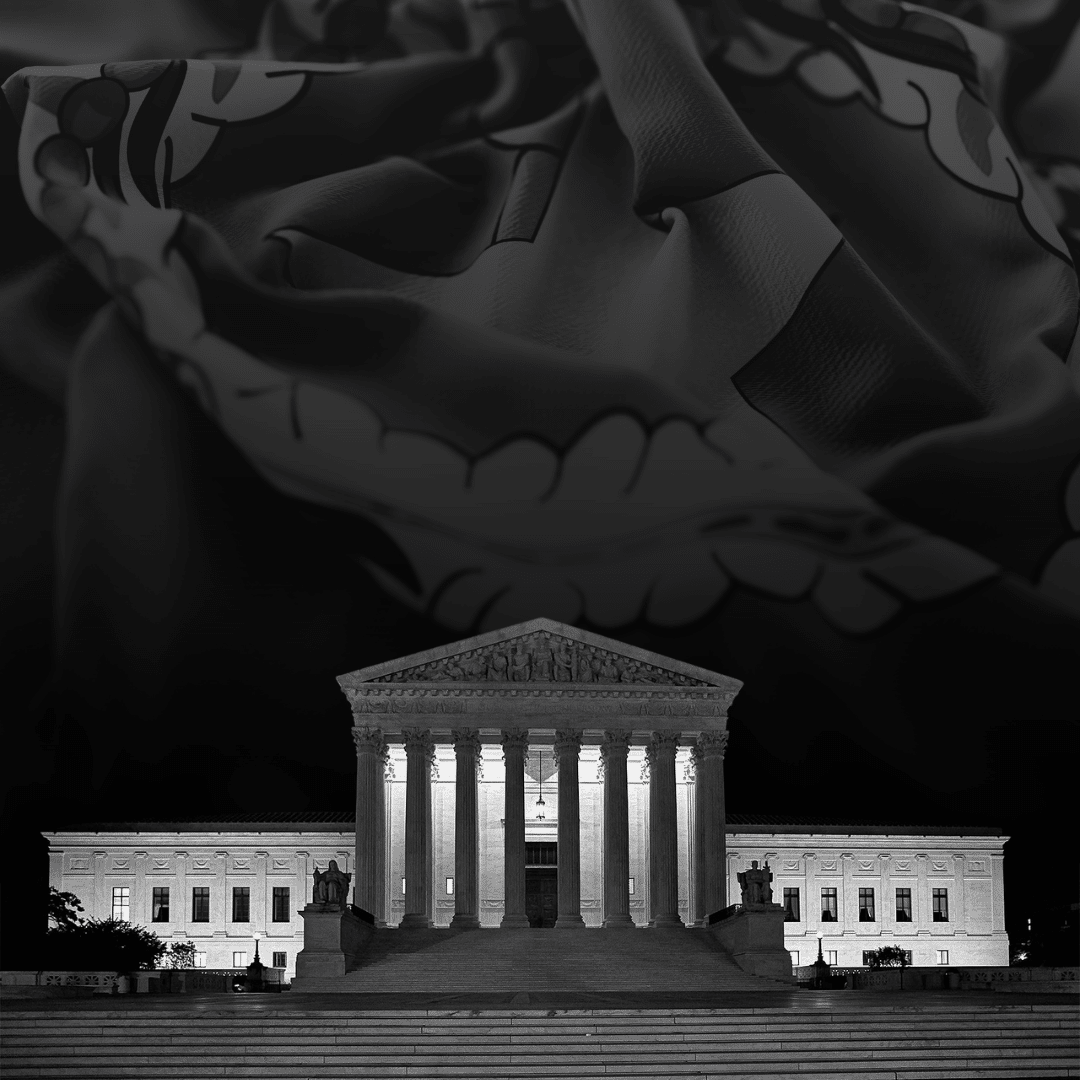

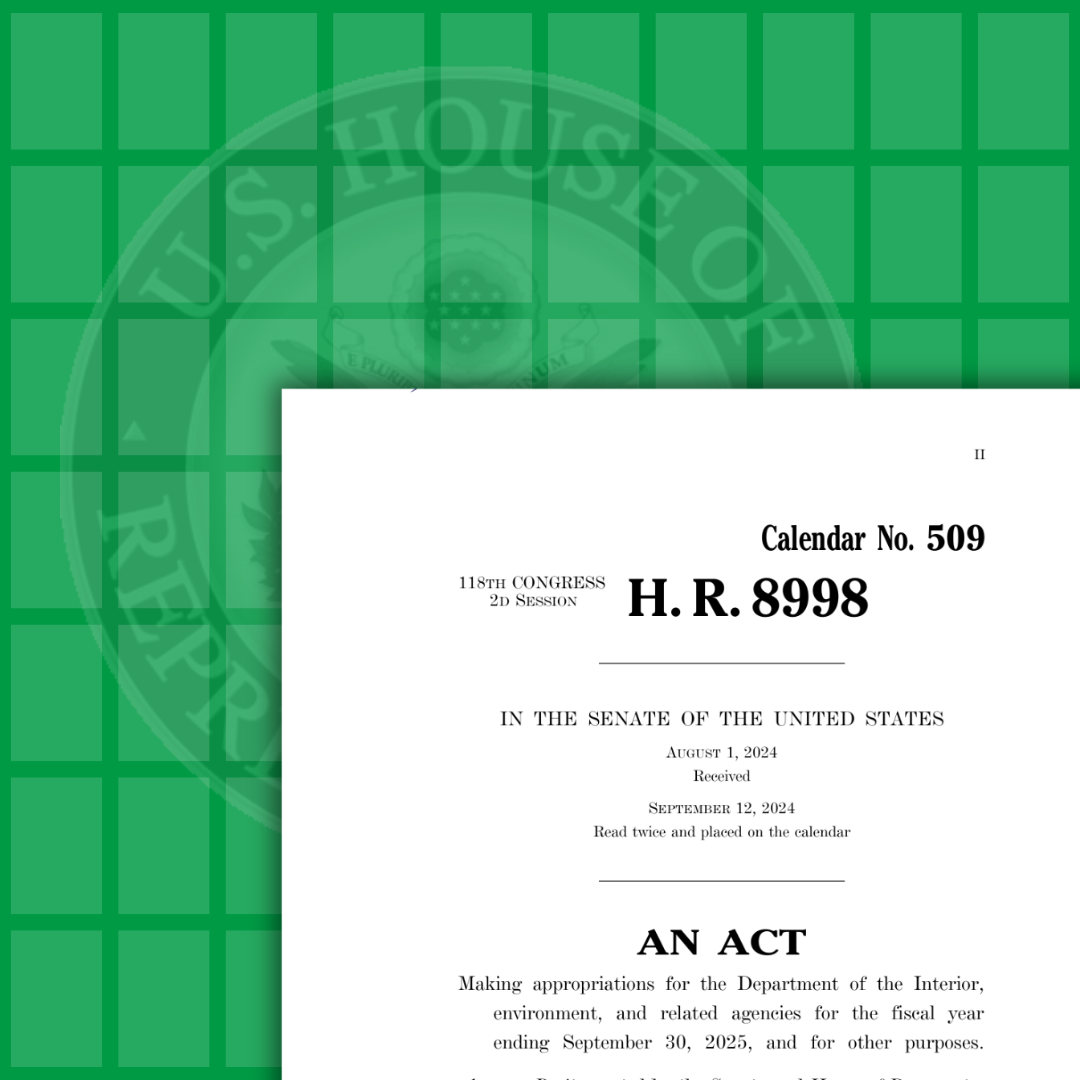
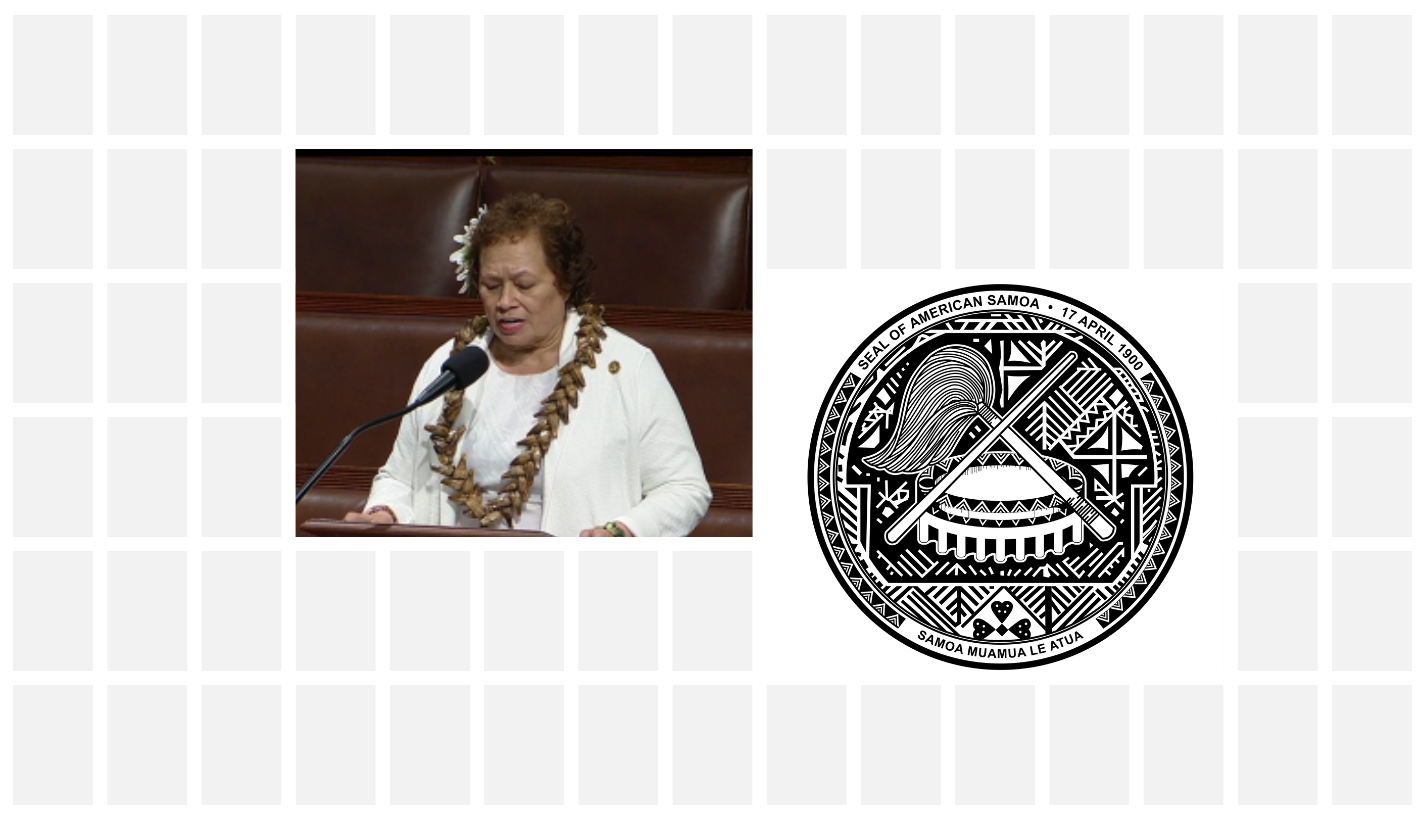
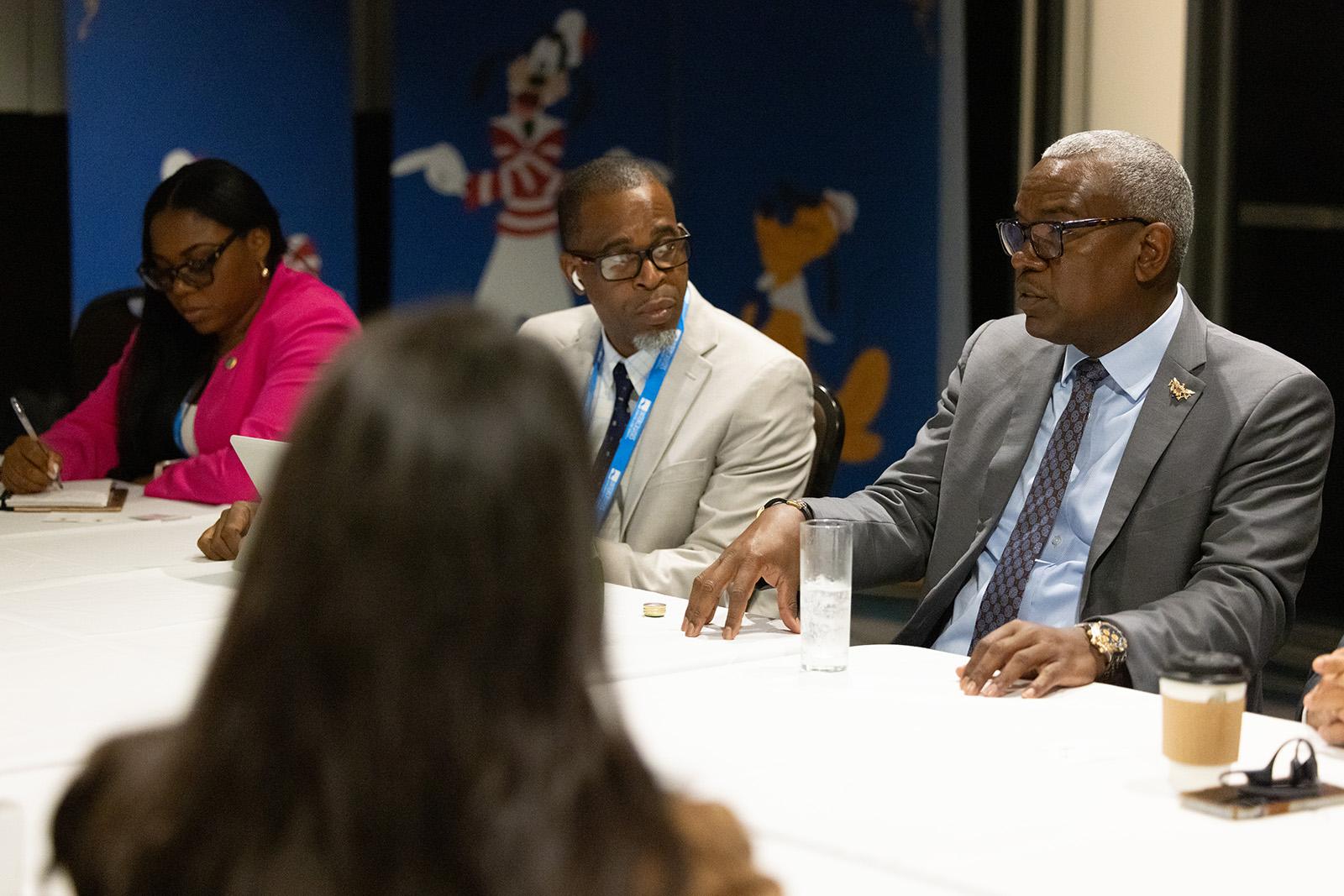



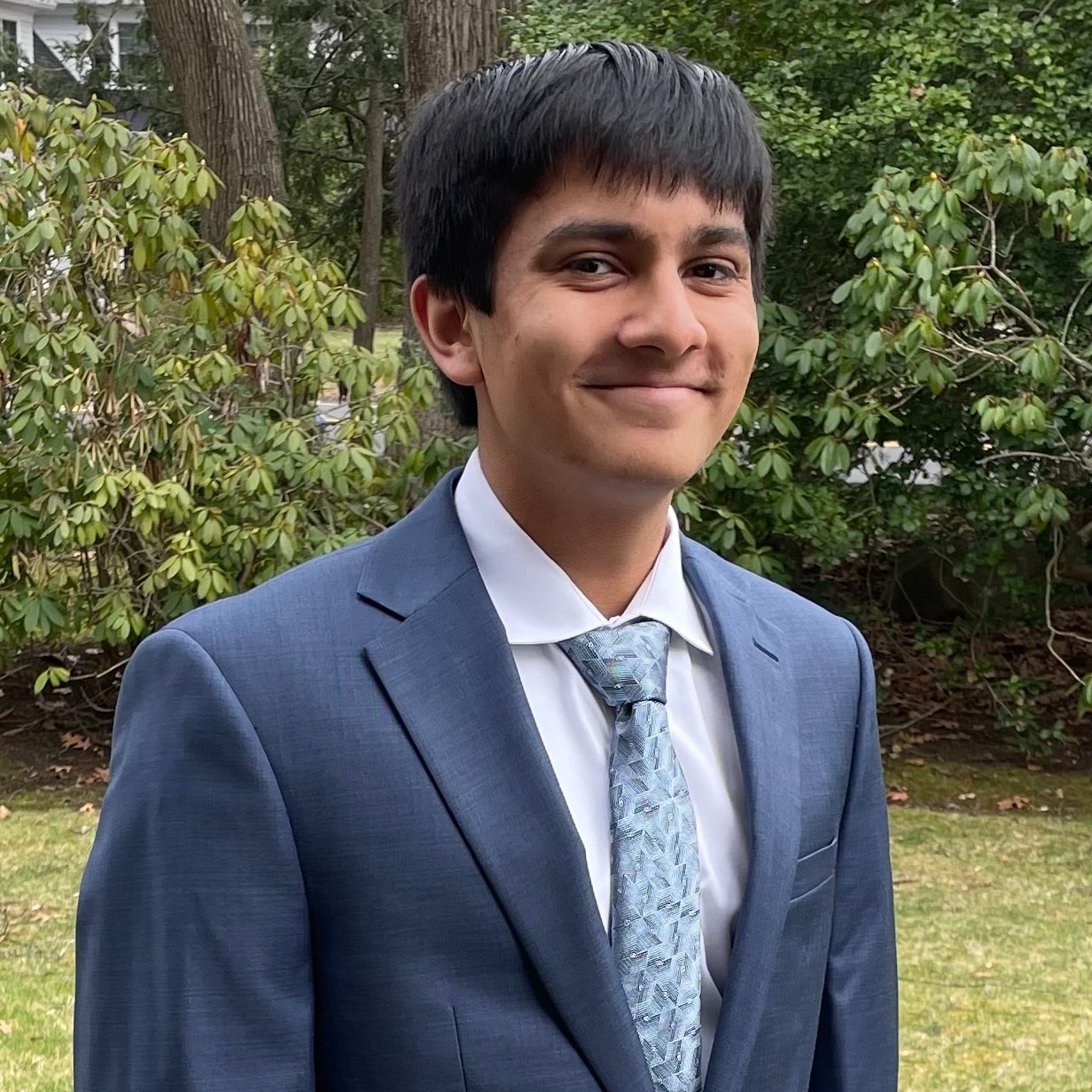
0 Comments